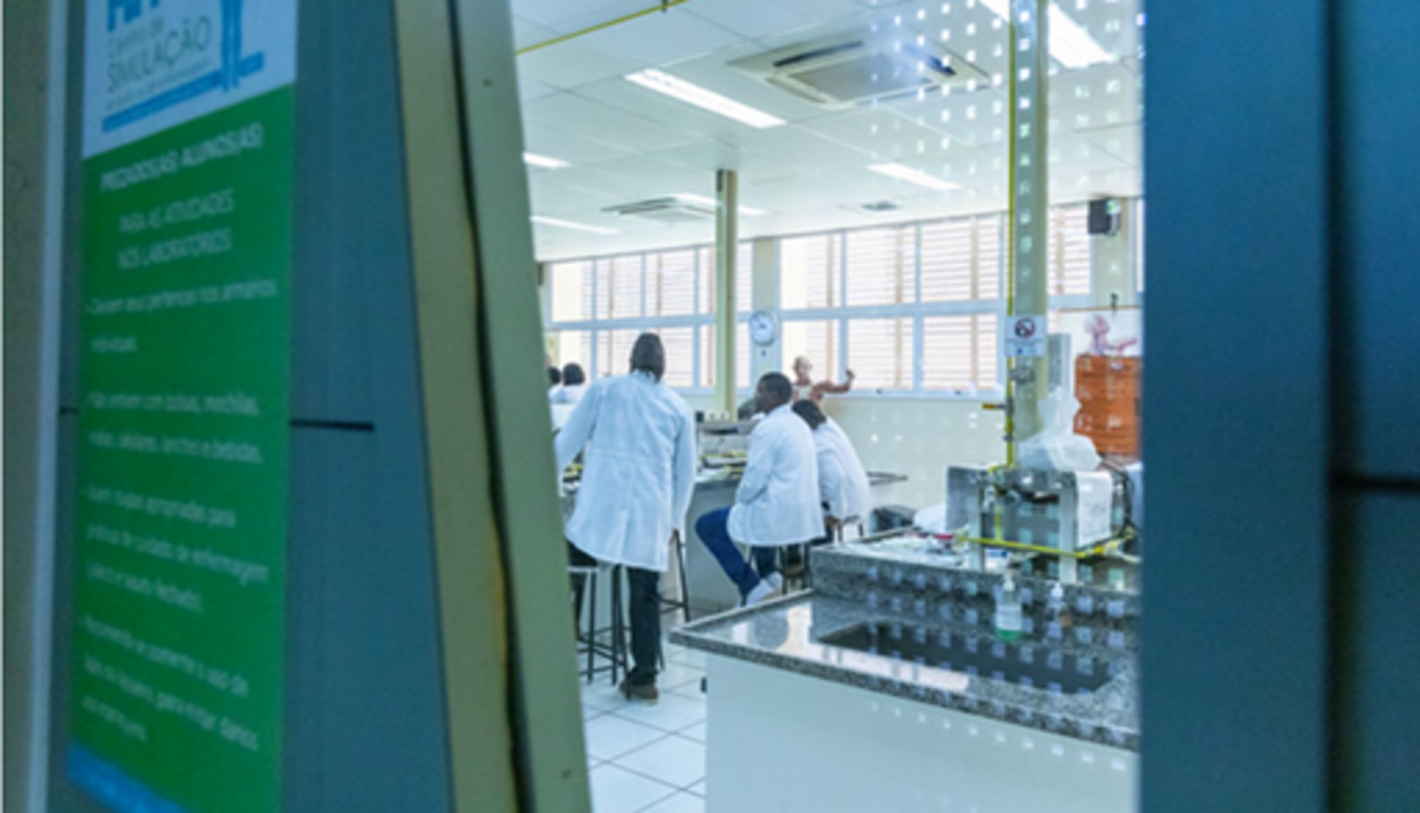
Washington, D.C., 21 August 2024 (PAHO)- The Pan American Health Organization (PAHO) participated in a meeting of quality of care experts to discuss and develop a new Quality of Care Performance Framework and a transition model, both based on the Primary Health Care (PHC) Performance Model.
The proposed performance framework aims to strengthen the development of integrated health systems that include vertical programs, following the theory of change that encompasses all system components—from inputs and processes to impact outcomes. This new framework will define actions at different levels of intervention: macro (policies, systems, or national context), meso (management, operations), and micro (frontline service delivery and care processes).
During the discussions, participants emphasized the importance of building a Quality of Care framework with a systemic perspective, based on existing models such as the PHC Monitoring Framework. They also highlighted that proposed quality improvement interventions must be evidence-based to ensure greater efficiency and effectiveness. Additionally, they stressed the complexity of developing a framework that integrates the health system's perspective while also addressing the need for specific interventions to improve the quality of care at the point of service delivery.
Among the key topics, the experts recognized the need to develop capacities across the entire health system, including patients and communities, to learn from experiences and scale up the implementation efforts of this new framework. The second part of the meeting focused on discussing a proposal to outline quality of care strategies across the health system, from foundational building to acceleration and transformation, in line with the contexts and pace of progress of each health system.
The meeting was convened by the Quality of Care Unit of the Integrated Health Services Department of the World Health Organization (WHO) and was attended by focal points from WHO regional offices, along with global experts in health services quality. These included representatives from the Institute for Healthcare Improvement (IHI), the International Society for Quality in Health Care (ISQua), and academic institutions such as Makerere University, the University of Oxford, Johns Hopkins University, and Imperial College London, as well as John Snow, Inc. (JSI).
Partner organizations also participated, such as the Organization for Economic Co-operation and Development (OECD), the United Nations Children's Fund (UNICEF), Gates Ventures, and global funding entities like the Global Alliance for Vaccines and Immunization (GAVI), the World Bank (WB), and the Global Fund. Donors such as the United States Agency for International Development (USAID) and the United Kingdom’s Foreign, Commonwealth & Development Office (FCDO), along with the associate editor of the British Medical Journal (BMJ), attended as observers.
This was the first in-person meeting on this topic since the pandemic. The group of experts will continue working to advance the development and consolidation of the new Quality of Care Performance Framework, strengthen the quality agenda, support field professionals, and collaborate with stakeholders to help Member States improve the quality and safety of health services, with the goal of achieving the Sustainable Development Goals (SDGs) by 2030.



